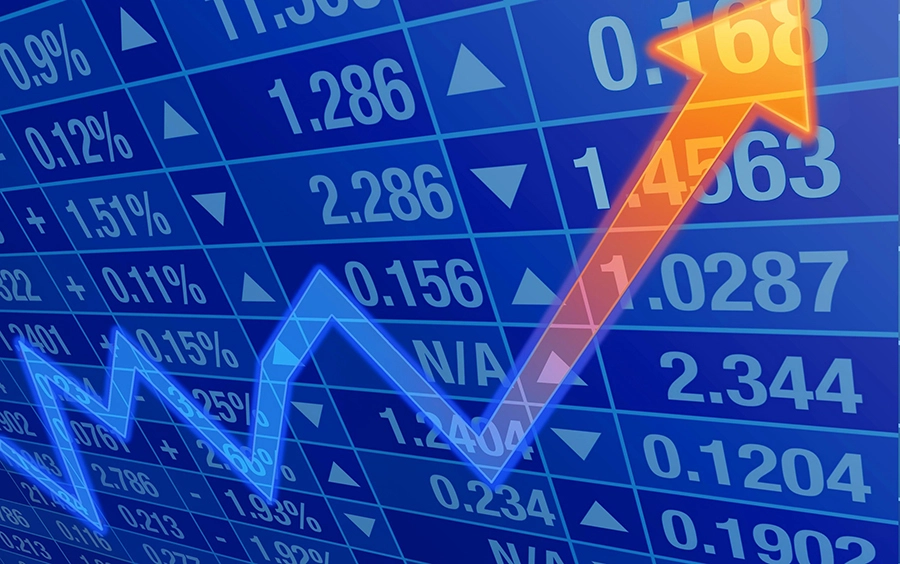Before you commit to investing in a CFD, you should know the opportunities available to you in several different markets. The main two you should be considering is the stock and the forex markets. We will explain the advantages and disadvantages of each option below.
Stock Market CFDs
Dealing in CFD contracts for stocks is incredibly similar to trading in stocks themselves. You should be attempting to buy a stock low and sell high, or vice versa. The only difference here is that you do not need to own the stock itself. This means you can guarantee that you can sell or buy when you reach your goal price. You can also invest at much lower stakes, as you do not need to pay the high prices of the stocks themselves. Stock CFD also allows trading on margin, meaning you can essentially use a loan to pay for much larger investments with less liquidity.

Short selling
While the stock market restricts investors considerably when it comes to selling at a short position. Stock trading for CFDs has much looser rules on selling short. The same general rules apply for selling long as well.
CFD brokers can match long and short positions between clients, so your margin costs are not too much to worry about. Short positions can therefore be more frequently used, as this allows brokers to buy stocks at relatively low prices.
Trading in different assets
While the stock exchange necessitates that you open new accounts for every new platform you go to, CFD stocks trading is different. For CFDs, you can keep one account open to performing all your trades. This makes CFD trading much more streamlined and easier to keep for you to keep track of. Therefore, the overall conclusion from this is that the stock market is far more restrictive overall than CFDs.
There are a few additional advantages which exist. This can include:
- Exemption from trading stamps in Ireland and the UK
- Long CFDs can allow for dividends, when they are held on an ex-dividend date
- The prices for a trade in a CFD can be as low as $1,000, although this is on the extreme end
- You can invest in any market you desire, whether this is stocks, forex, commodities etc.
Forex Market CFDs
CFDs also function similarly to the Forex market, as they did with the stock market. Currencies are bought at a low price and sold high, which can be carried out without much hassle. Both CFD and forex market transactions take place through online trading. Brokers for both markets also rely on a spread for compensation, instead of commission or any other fee. Brokers tend to allow for trading on both with margin as well.
The differences between the two, however, can be great. Forex markets are obviously restricted to only currencies, whereas CFDs can rely on practically any asset. If you do decide to take advantage of the flexibility of CFDs, you will have to pay far more attention to the particular market you invest in.

The two markets also differ in their which influence them. The CFDs rely more on the supply and demand of a particular asset. The forex market, however, relies more on global political and economic events.
Using CFDs for forex is a far simpler affair than trading directly through forex. This is because when you buy the CFD, you can use a base price of one currency. Forex trading however only deals in pairs of currencies. You will thus not have to keep track of the value of the performance of two currencies, as you would with regular forex trading.
-
- Interested in CFD trading? Read WiBestBroker’s comprehensive review on Forex4You.
We mentioned earlier that both forex and CFDs can be traded on margin. There is a difference between what the brokers offer between the two markets, however. The margin for CFDs is much larger than for the forex market. Therefore, you can trade more often in the forex market, but you can reach higher profits much quicker with CFDs. CFDs are therefore riskier, with higher potential profits.
Summary
So, if we were to summarise we could say that trading in CFDs against the stock market makes things easier. There’s less risk, as you do not own the stock itself. You can trade in any market you desire. Finally, you are far less restricted by any official authority in when and how you sell.
In the forex market, you may have greater risk in trading, CFD or no CFD. Trading in CFDs though may be riskier overall, however. CFDs allow you to trade in a far greater range of markets. CFDs trades in the forex market are also generally easier to keep track of.









COMMENTS